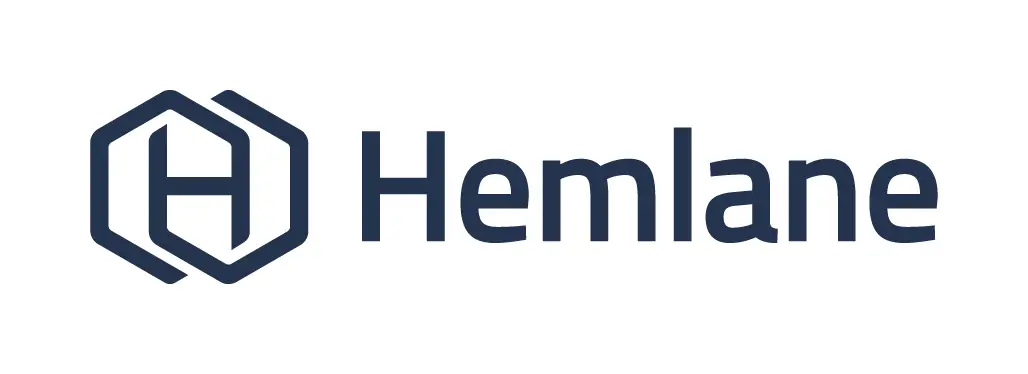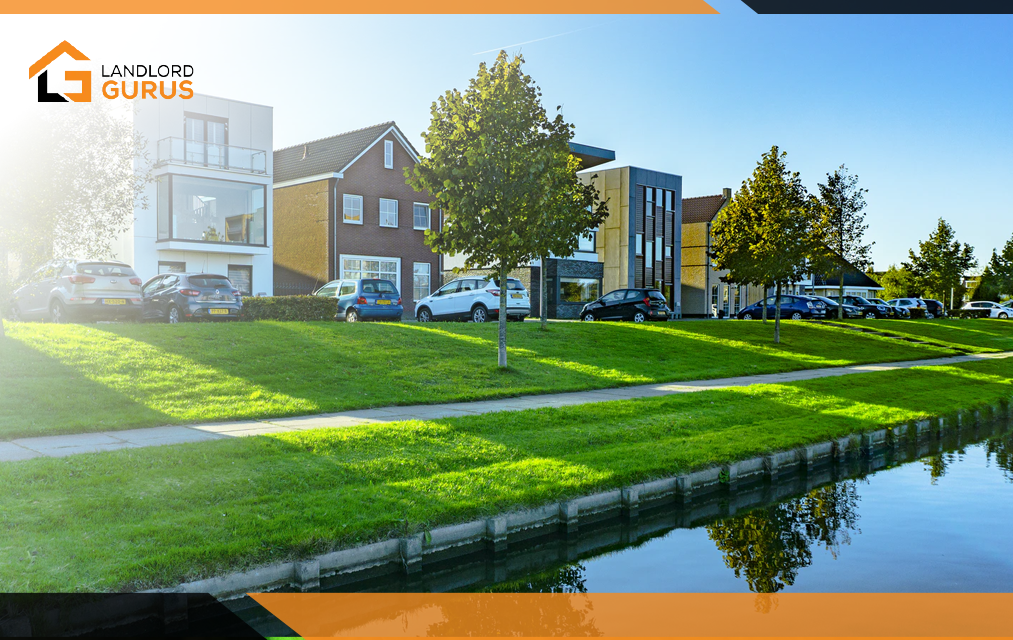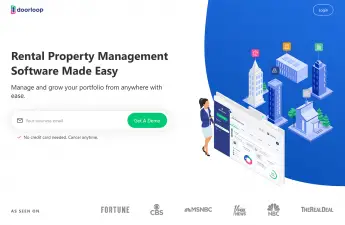Aside from keeping your property occupied, property maintenance is the major issue you will face as a landlord. You can keep your tenants safe and happy by thoroughly addressing and preventing maintenance issues. Not only does this protect your tenants, it also improves your cash flow, saves you time, and improves the return on your property.
During any tenancy most landlord-tenant interactions include property maintenance requests. While it may seem like every issue is a “top priority”, it is important to organize these requests and also learn how to minimize their occurrence in the future. In this article, we will discuss how you can prioritize your maintenance requests and repairs.
Using Property Management Software to Manage Maintenance
We’ve reviewed many of the top property management software products, and in this article we evaluate them for the purpose of managing rental maintenance. Here are our favorites, depending on your needs:
| SERVICE | DESCRIPTION | RATING | MORE |
|---|---|---|---|
|
BEST OVERALL

|
RentRedi
|

50.0
|
Read ReviewSign Up Here |
|
24/7 COORDINATION

|
Hemlane
|

48.0
|
Read ReviewSign Up Here |
|
PROPERTY MANAGEMENT

|
Marble
|

49.0
|
Read ReviewSign Up Here |
Emergency Maintenance Issues
Emergency maintenance issues are those that pose a direct threat to the safety and health of the tenant and their living space. These requests include high priority issues such as electrical problems, heating and cooling failures, pipe bursts, and fires. If such issues are not immediately addressed, they can pose a danger to the overall well-being of the tenants and their neighbors, not to mention the potential to damage or destroy your property. For example, heating, ventilation and air conditioning failures can make living conditions extremely difficult. Therefore, it is imperative that you address them immediately.
Emergency issues, like the ones mentioned above, can pose an immediate danger to your tenants, which is why we suggest you develop a list of preferred vendors that are ready to provide such repair services on short notice. In some cases it makes sense to supply this list to your tenants so that they can contact these vendors immediately, in the case of a true emergency.
High-to-Medium Priority Maintenance Issues
Some issues may be a high priority, but may not require the same level of immediate attention as life-threatening emergencies. Such medium-to-high priority issues include stove and refrigerators maintenance issues, pest infestations, clogged drains, and bed bugs. They do not put the lives of your tenants in immediate danger but are still incredibly important. As a first step to resolving these issues we suggest that you check in with your tenants. Ask them if they are okay and tell them you are aware of the problem. This will let the tenants know that you care about their safety and their comfort.
We suggest you work out a schedule with your tenants about when and how you can resolve the issue. These issues can affect utility bills, damage your property and make the living conditions of your tenants much more difficult. Therefore, you should deal with them in a timely manner to keep your tenants happy and your property safe.
“Depending on the lease and addendums you use, the responsibility for the repair may fall on the tenant. However, landlords should be careful about what responsibilities to place on the tenant because, in essence, they are relinquishing control of some aspect of the rental property such as who may be used for the repair or maintenance. Some landlords will not mind eating repair costs if they have a trusted vendor in place and know a particular job will be done right.”
John Nuzzolese, The Landlord Protection Agency
On the other hand, medium priority maintenance issues are mostly preventive. They ensure that your property remains comfortable and in good repair. Such issues include debris removal after a storm as well as seasonal maintenance and slip prevention in the winter. They also require timely maintenance because they may pose a risk in the near future. These issues may not require immediate attention. But you should deal with them quickly in order to keep the property enjoyable for your tenants.
Low Priority Maintenance Issues
These issues do not pose serious risk on your tenants and your property. They are mostly superficial in nature. Examples include repainting, wall repairs, common-area cleaning, etc. Low priority maintenance issues do not significantly impact the safety or appeal of your property.
![]() Related Read: Routine Rental Maintenance: Security, Pest Control, & Exterior
Related Read: Routine Rental Maintenance: Security, Pest Control, & Exterior
Using a Quick Priority Scale
A quick way to prioritize and keep track of maintenance items is to use a scale of 1-3. Low priority issues are usually 3 on that scale. You may not need to address such issues immediately but your tenants will really appreciate it if you do. If unattended, however, these issues can get worse and make your property less attractive, or turn into bigger problems.
On the other hand, if there is danger of life or significant property damage, then the priority level should be 1. If the issue does not endanger the health/life of your tenant directly but can make their living in your property difficult, the priority level should be 2. Assigning priority levels can help to figure out the order in which maintenance issues should be dealt with.
Regular Preventative Maintenance
Emergency maintenance requests are inevitably a drain on your bank account. To avoid such emergencies, we suggest you make a regular maintenance schedule with your tenants. And keep track of the seasonal maintenance issues that may arrive. By season, here are some examples of routine items you may need to address:
- Spring Maintenance: landscape clean-up, mulching, window washing, irrigation setup, and air conditioning system maintenance.
- Summer Maintenance: cleaning outdoor spaces, checking sprinkler systems, pest control, testing smoke detectors and carbon monoxide alarms
- Autumn Maintenance: inspecting decks and patios for slippery growth, shutdown of irrigation systems, checking attic insulation, inspecting roofs, caulking and sealing openings.
- Winter Maintenance: insulating pipes, pruning trees, clearing debris, winter-proofing doors and windows, checking heat systems.
Making a regular maintenance schedule will help you avoid expensive and inconvenient problems. This will also make your tenants feel safe as they will know that you care about their well-being.
![]() Related Read: Developing A Maintenance Checklist For Rental Property: Electrical, Fire Safety, & HVAC
Related Read: Developing A Maintenance Checklist For Rental Property: Electrical, Fire Safety, & HVAC
Reduce Your Repair Costs: When to Hire a Professional
You should ask tenants not to make any significant repairs themselves, especially when it might require an expert and doing so can seriously jeopardize their safety. For example, tenants attempting to deal with electrical or a heating problems themselves may risk being shocked or burned, and possibly causing a fire.
It is not worth taking the risk that a tenant is unqualified to make a repair, which can lead to danger, property damage, and the potential for more expense when a professional has to be hired to fix their mistakes. Therefore, it is important that you respond to maintenance requests from your tenants promptly, reducing the chances that they’ll take matters into their own hands.
Stop to consider whether each issue is a high priority or not, or even necessary in the long run. Whatever may be the case, you should give your tenants a time frame when the issue will be resolved. Try to stick to that time frame. If you don’t, your tenants might feel like taking the matter in their own hands. They might hire a contractor themselves and deduct that cost from the rent. Developing a list of licensed, skilled, and trusted vendors ensures repairs are done correctly and at a reasonable cost. You can, again, evaluate whether you want to provide this list to your tenants.
![]() Related Read: Avoid costly repairs with a rental property maintenance checklist
Related Read: Avoid costly repairs with a rental property maintenance checklist
Using Property Management Software
You can also use a property management software product to manage your maintenance requests. Most of these tools enable tenants to send you maintenance requests directly. You can easily reply to the tenant and assign a priority to each request there. This will make communication between you and your tenant seamless and streamline the process of addressing the issue. Furthermore, some give you the ability to bring a service provider into the conversation, making coordinating a smooth process.
![]() Related Read: Manage Maintenance on Rental Property using Property Management Software
Related Read: Manage Maintenance on Rental Property using Property Management Software
Landlord Gurus Takeaway
We strongly recommend developing a method for assigning priority to property maintenance requests as you receive them from your tenants. We also suggest using property management software as it makes communication easy between all parties involved. This makes your life much easier as a landlord. As always, remember that effective communication is the key. Establishing a schedule for addressing repairs helps your tenant feel safe and taken care of. Plan seasonal maintenance issues beforehand so as to avoid any midnight emergency maintenance requests, which will inevitably be expensive to address.
Additional Resources
As seen in so many other industries, companies are emerging to meet the needs of landlords and tenants using technology. Here are a few that offer to take some or all maintenance management burden off your shoulders:
- RentRedi App: Property Management Software Overview
- Hemlane Overview: Next-Gen Property Management
- Marble: Flat Fee Remote Property Management
In addition, we’ve written about some of the other key features property management software offers:
Disclosure: Some of the links in this post are affiliate links and Landlord Gurus may earn a commission. Our mission remains to provide valuable resources and information that helps landlords manage their rental properties efficiently and profitably. We link to these companies and their products because of their quality, not because of the commission.




